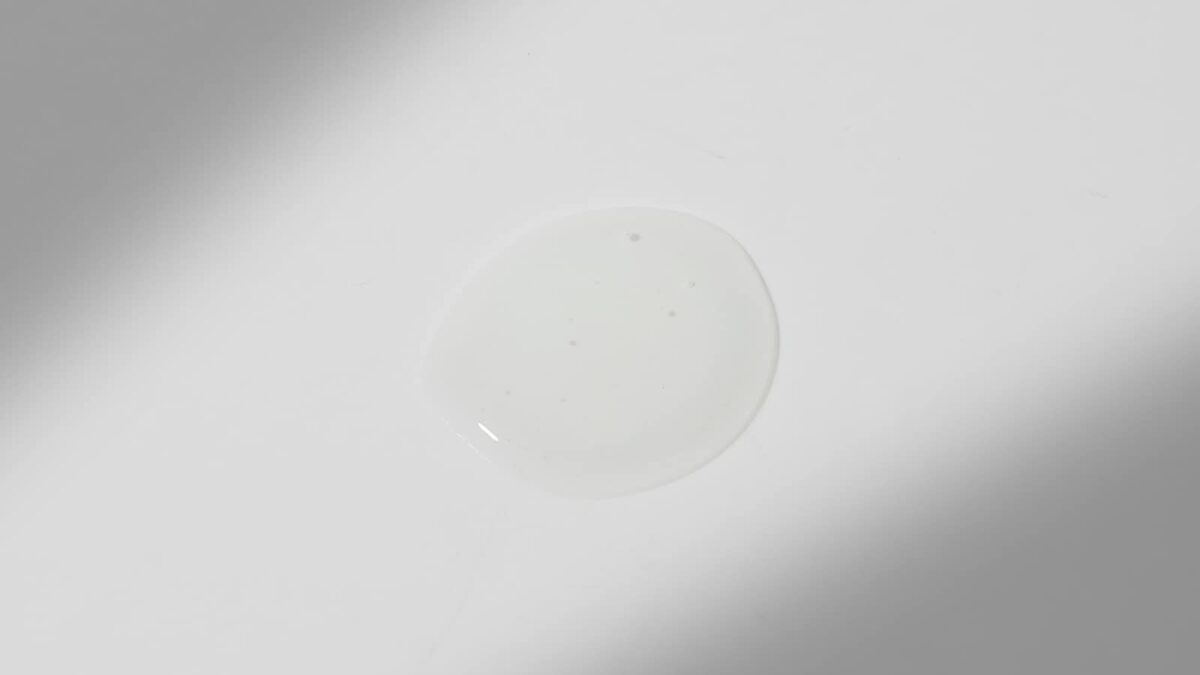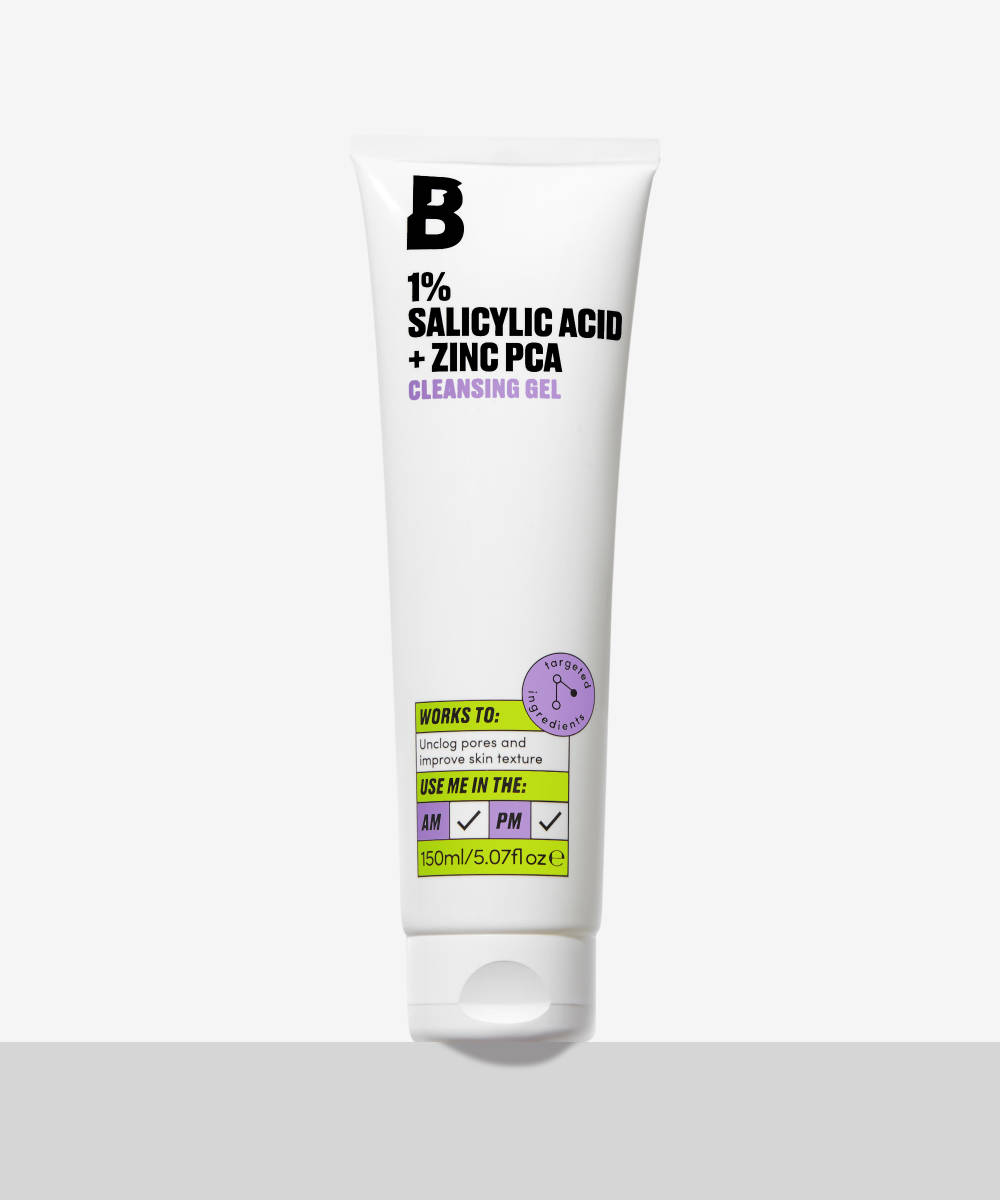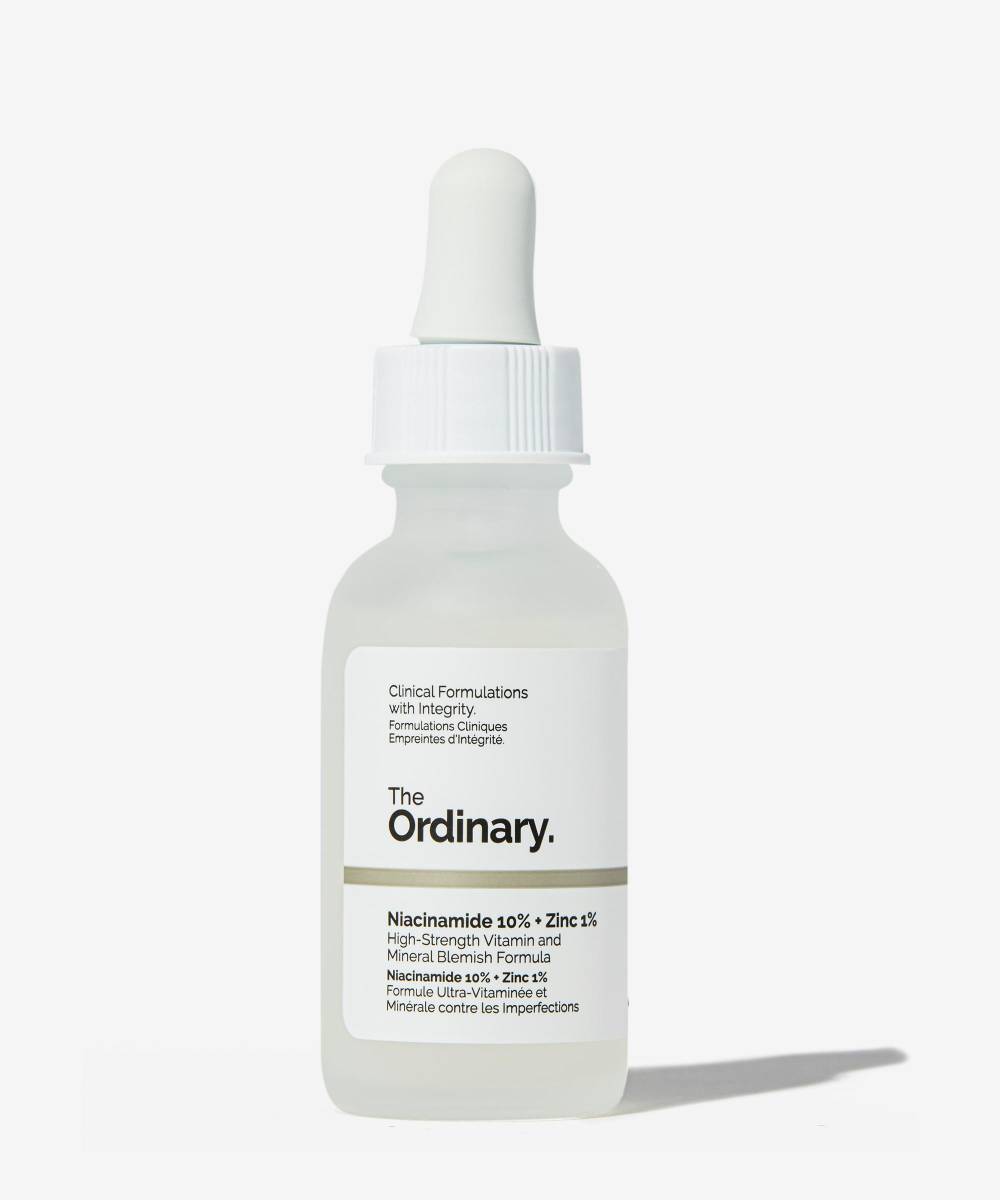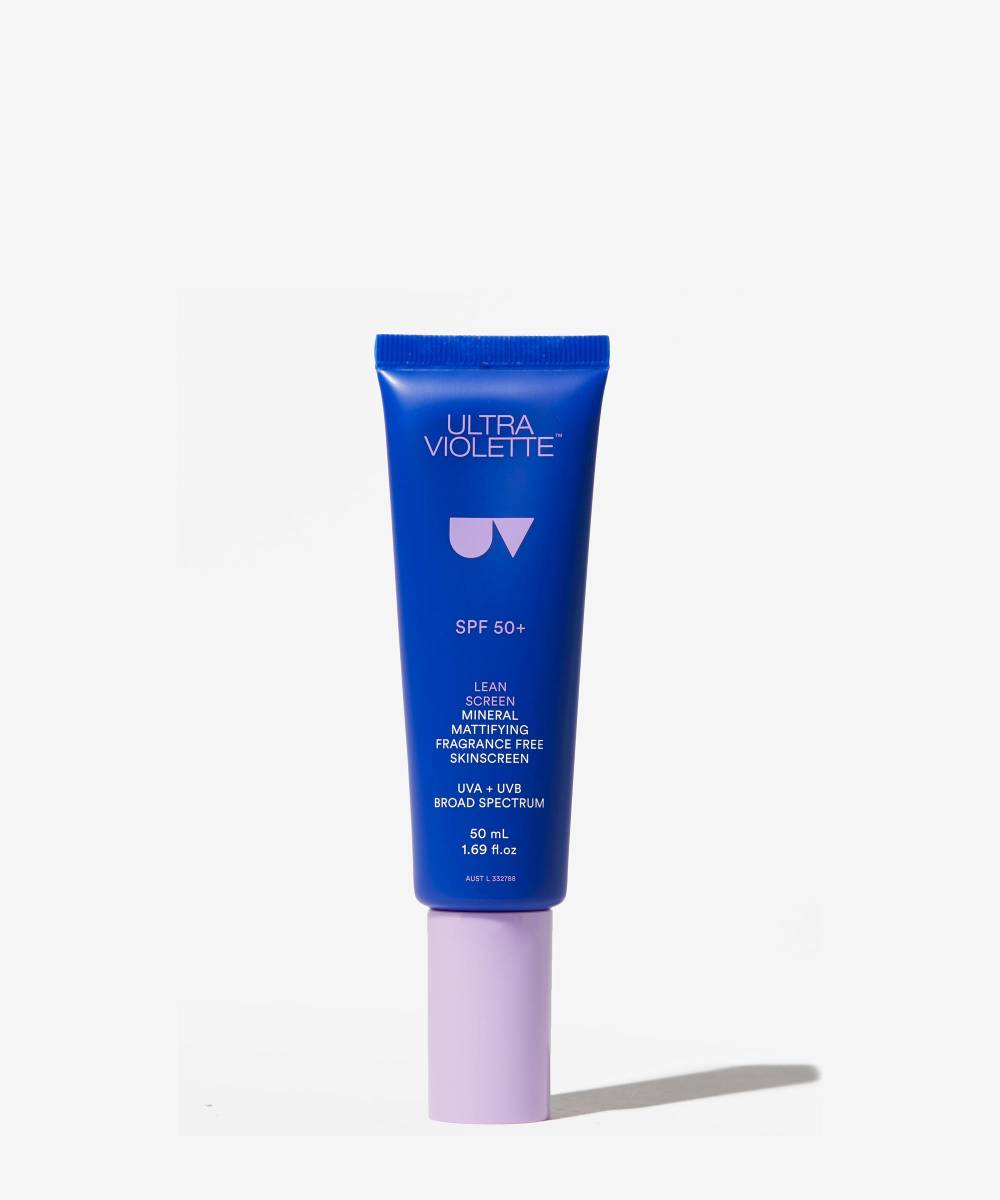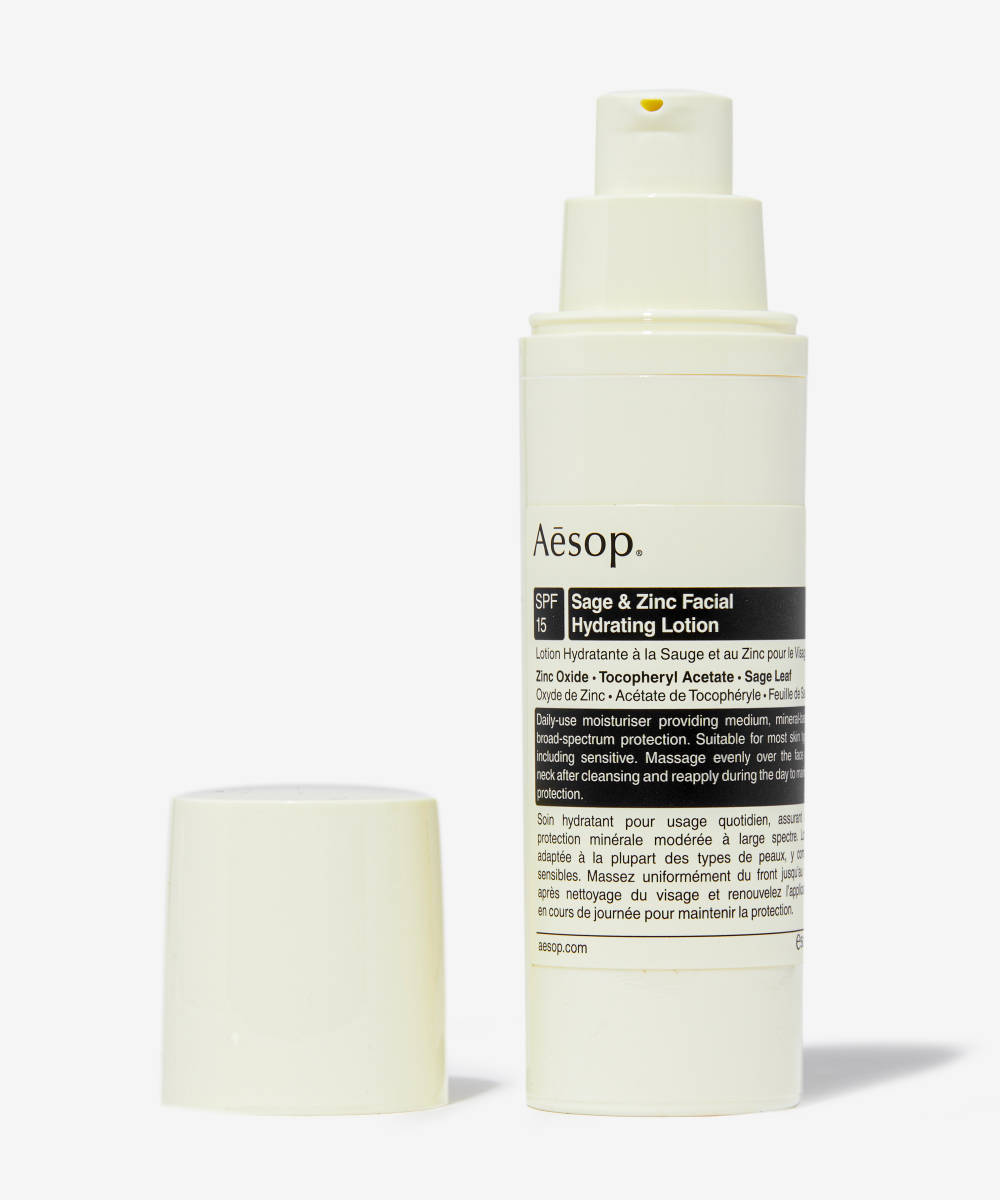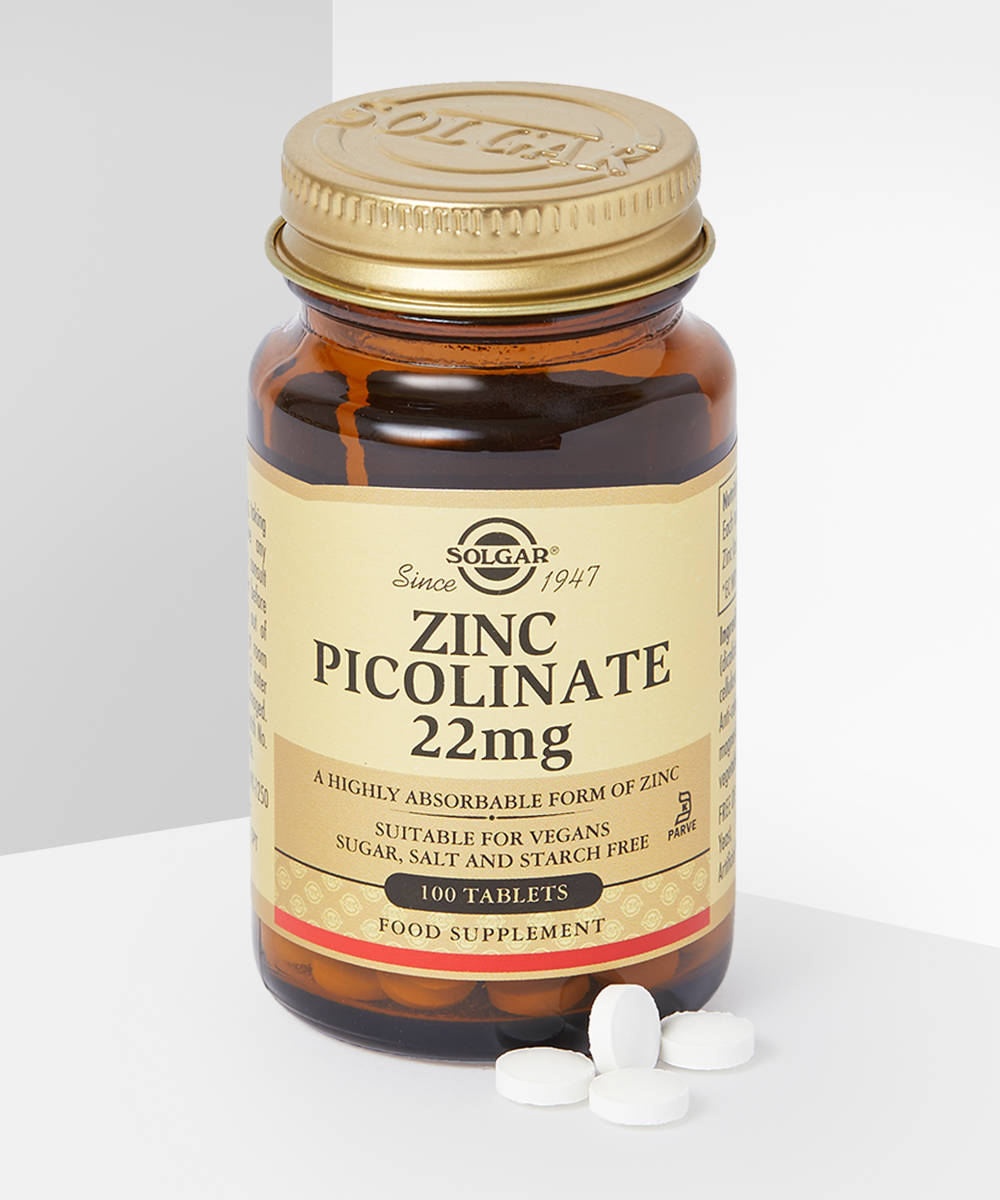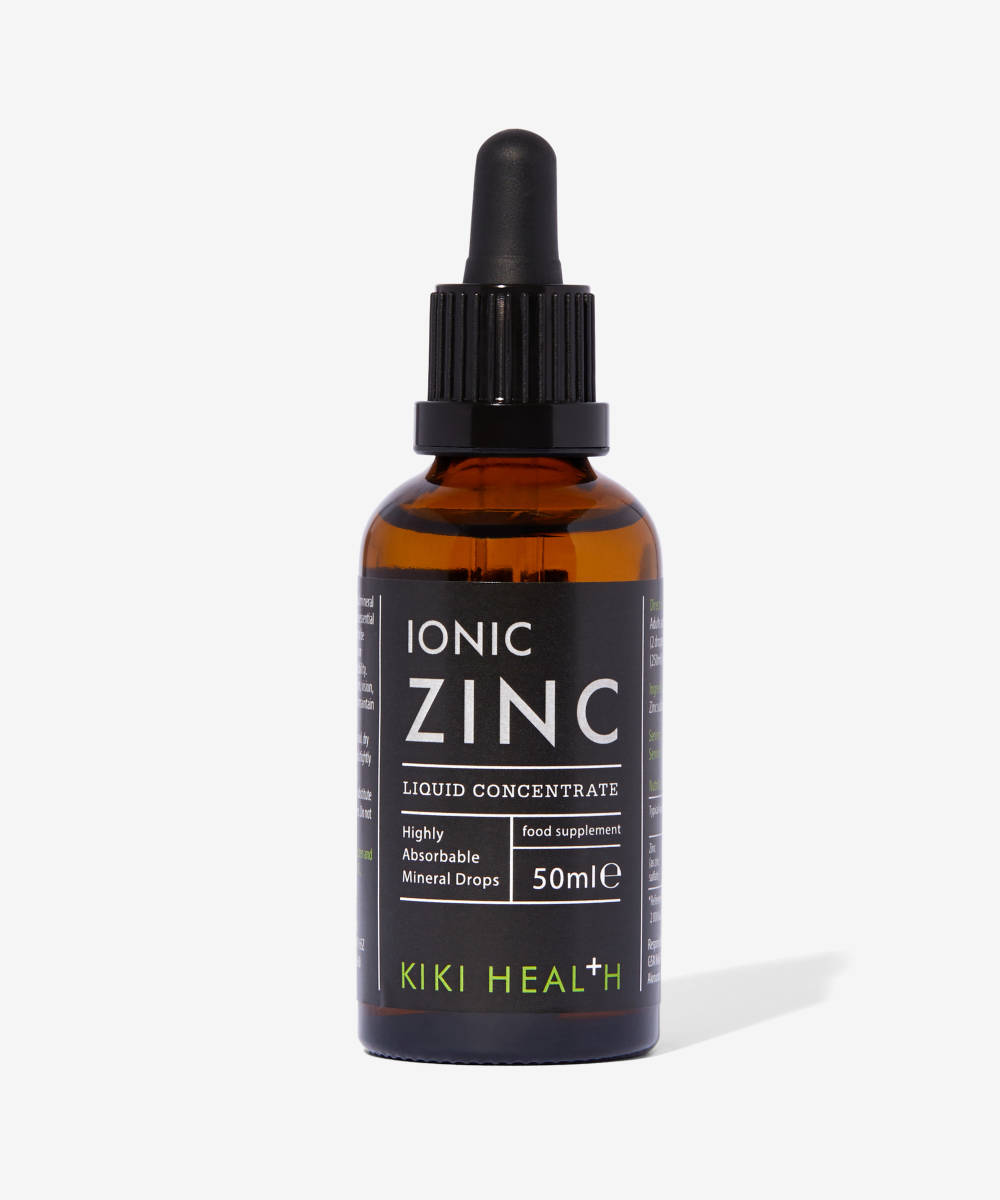Zinc is one of those ingredients that has been around for a long time but doesn’t quite get the air time it deserves. It has plenty of potential when it comes to our complexions, with benefits stretching from reducing inflammation to shielding skin from UV rays. Skincare products with zinc also make for a gentle remedy for breakouts, but are often overshadowed by other ingredients in the skincare glossary like niacinamide and beta-hydroxy acids – both of which zinc actually works very nicely in tandem with.
So, whether you’re wondering whether zinc is good for skin, or, thinking about investing in a zinc serum or a zinc supplement, we’ve rounded up everything you need to know about this hero ingredient. Scroll down to find out more about zinc in skincare.
What is zinc?
Zinc is a mineral that can be ingested either through foods like red meat, lentils, and seeds or taken as a zinc supplement. In supplement form, you’ll often find zinc and vitamin C together, as they work well in synergy. Zinc can also be used as a topical treatment and applied directly to the skin. Our body and skin use zinc in a variety of ways, but they don’t hold onto it for long, which is why it’s a smart move to keep these levels topped up through your diet and skincare.
How does zinc work?
Zinc in skincare works in a number of different ways to calm, repair, and, protect the skin. It’s a crowd-pleaser, and arguably its biggest benefit is that it can be tolerated by all skin types, including very sensitive, dry or compromised complexions – making it nice and easy to slot into your routine.
If you’re browsing skincare products with zinc, you’ll notice that most are marketed towards skin that’s prone to rosacea or eczema. Or, you might have heard skincare experts recommending zinc for acne. The reason why it’s such a good fit for these particular skin conditions? It’s all down to zinc’s anti-inflammatory properties. By soothing and calming skin that’s sore, red or angry (or a combination of all three) zinc is good for skin and leaves these complexions feeling more comfortable, with the visible side-effects dialled down. This makes sense when you consider that zinc is the key ingredient in products designed to care for nappy rash on babies’ delicate skin.
As well as being anti-inflammatory, zinc is also a potent antioxidant, which means it protects the skin against damage from external aggressors like pollution, cigarette smoke, and, blue light. All of these can rob our complexions of radiance, so adding an extra layer of defence will help to retain a bright, even skin tone.
Additionally, zinc plays a key role in wound healing, and works in the skin to encourage the production of its two key structural proteins, collagen and elastin. When the skin is damaged, it’s these proteins it uses as the materials to rebuild and repair the affected area. Collagen and elastin also play a more cosmetic role in the skin, helping to maintain plumpness, spring, and, bounce.
Finally, zinc, or more specifically zinc oxide, is one of two filters used in mineral sunscreens. Here it works by creating a physical barrier between the UV rays and your skin, as well as converting some of these rays into a small amount of heat. Mineral sunscreen is normally recommended for anyone who has sensitive skin, but the downside is that it tends to have a white cast compared to chemical formulas and can leave a chalky finish on deeper skin tones.
Why should I use zinc?
Having low levels of zinc in your skin can lead to complexion concerns such as dryness, and if that’s something you’re prone to (or keen to avoid) then we recommend incorporating it into your routine. It can be used in this way for daily maintenance, or tagged in whenever your skin is aggravated and in need of calming. For example, if you’re experiencing a rosacea or acne flare-up. Zinc can also be used to speed up healing on a blemish or cut, especially if you’re finding that the skin is recovering at a slow pace. You should also use zinc to protect your skin from UV rays all year round (remember, UVA can penetrate through glass and clouds) unless you are using a separate chemical sunscreen for this purpose.
When should I use zinc?
Unlike retinol which is a strictly nighttime-only ingredient, there are no rules as to when you should be using zinc. It can be applied AM or PM and incorporated into any stage of your routine. That being said, you’ll make the most of zinc’s calming and soothing benefits if you apply it in a leave-on product like a zinc serum, as opposed to a rinse-off one like a cleanser. The exception to this relaxed approach is, of course, if you’re using zinc in sunscreen, and in this case, you’d need to apply during the day. Overall, zinc is a pretty agreeable ingredient that plays nicely with other actives and can be used as often as twice a day.
Try these...
2. The Ordinary Niacinamide 10% + Zinc 1%
Niacinamide is brilliant at stabilising skin that’s been knocked off-kilter, with the ability to balance oil flow, improve brightness and bring down inflammation. It’s accompanied by a dash of zinc in this serum by The Ordinary to supercharge its benefits.
